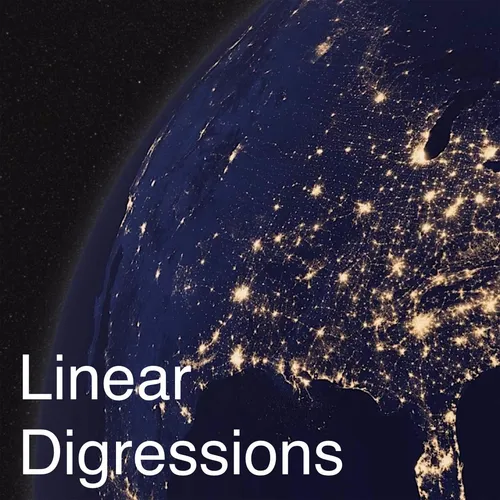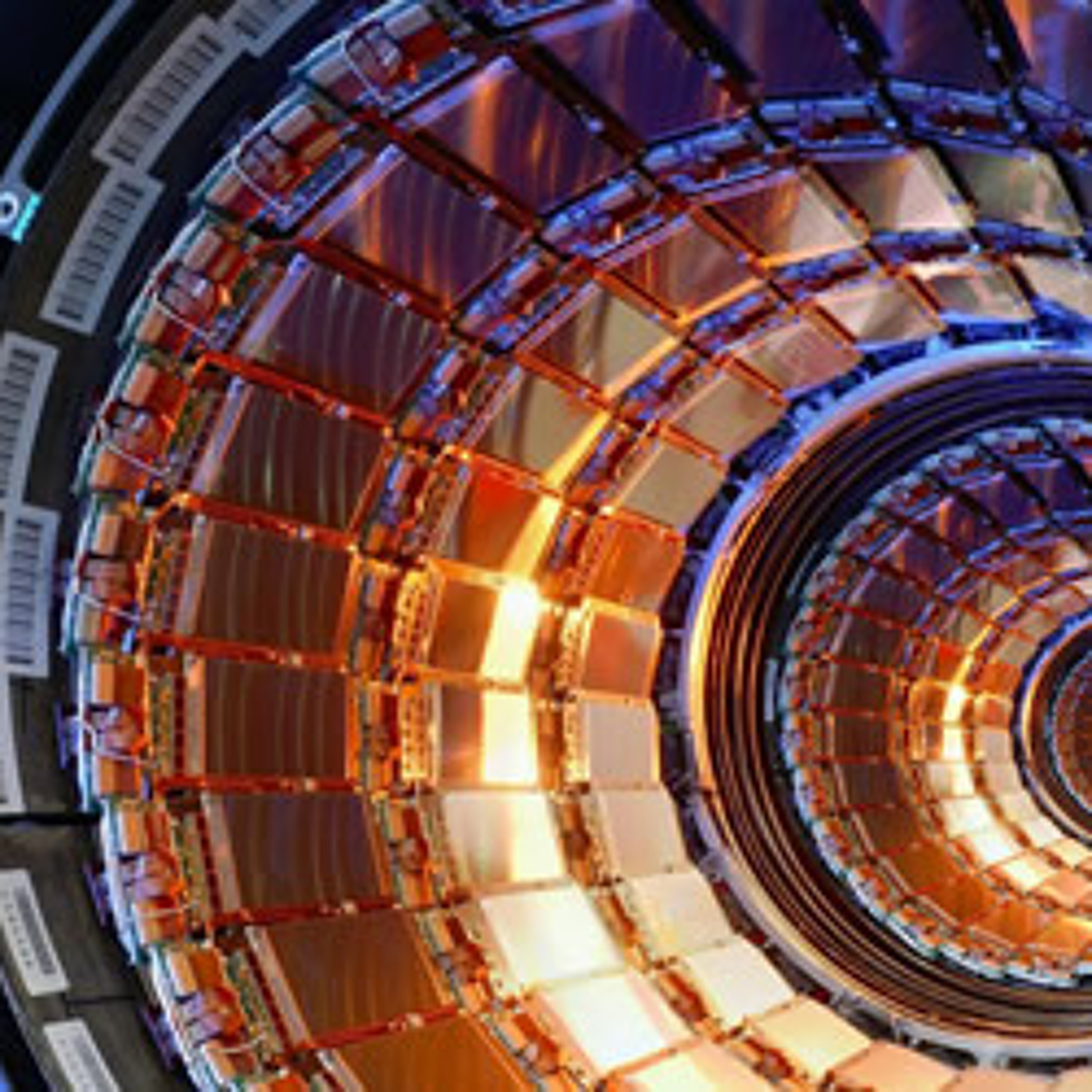
Linear Digressions
In each episode, your hosts explore machine learning and data science through interesting (and often very unusual) applications.
- Update frequency
- every 6 days
- Average duration
- 19 minutes
- Episodes
- 291
- Years Active
- 2014 - 2020

Random Kanye
Ever feel like you could randomly assemble words from a certain vocabulary and make semi-coherent Kanye West lyrics? Or technical documentation, imitations of local newscasters, your politically outs…
00:08:44 |
Wed 04 Mar 2015

Lie Detectors
Often machine learning discussions center around algorithms, or features, or datasets--this one centers around interpretation, and ethics.
Suppose you could use a technology like fMRI to see what r…
00:09:17 |
Wed 25 Feb 2015

The Enron Dataset
In 2000, Enron was one of the largest and companies in the world, praised far and wide for its innovations in energy distribution and many other markets. By 2002, it was apparent that many bad apple…
00:12:27 |
Mon 09 Feb 2015

Labels and Where To Find Them
Supervised classification is built on the backs of labeled datasets, but a good set of labels can be hard to find. Great data is everywhere, but the corresponding labels can sometimes be really tric…
00:13:15 |
Wed 04 Feb 2015

Um Detector 1
So, um... what about machine learning for audio applications? In the course of starting this podcast, we've edited out a lot of "um"'s from our raw audio files. It's gotten now to the point that, w…
00:13:19 |
Fri 23 Jan 2015

Better Facial Recognition with Fisherfaces
Now that we know about eigenfaces (if you don't, listen to the previous episode), let's talk about how it breaks down.
Variations that are trivial to humans when identifying faces can really mess u…
00:11:56 |
Wed 07 Jan 2015

Facial Recognition with Eigenfaces
A true classic topic in ML: Facial recognition is very high-dimensional, meaning that each picture can have millions of pixels, each of which can be a single feature. It's computationally expensive t…
00:10:01 |
Wed 07 Jan 2015

Stats of World Series Streaks
Baseball is characterized by a high level of equality between teams; even the best teams might only have 55% win percentages (contrast this with college football, where teams go undefeated pretty reg…
00:12:34 |
Wed 17 Dec 2014

Computers Try to Tell Jokes
Computers are capable of many impressive feats, but making you laugh is usually not one of them. Or could it be? This episode will talk about a custom-built machine learning algorithm that searches t…
00:09:08 |
Wed 26 Nov 2014

How Outliers Helped Defeat Cholera
In the 1850s, there were a lot of things we didn’t know yet: how to create an airplane, how to split an atom, or how to control the spread of a common but deadly disease: cholera.
When a cholera o…
00:10:54 |
Sat 22 Nov 2014

Hunting for the Higgs
Machine learning and particle physics go together like peanut butter and jelly--but this is a relatively new development.
For many decades, physicists looked through their fairly large datasets us…
00:10:16 |
Sun 16 Nov 2014
Disclaimer: The podcast and artwork embedded on this page are the property of Ben Jaffe and Katie Malone ([email protected]). This content is not affiliated with or endorsed by eachpod.com.